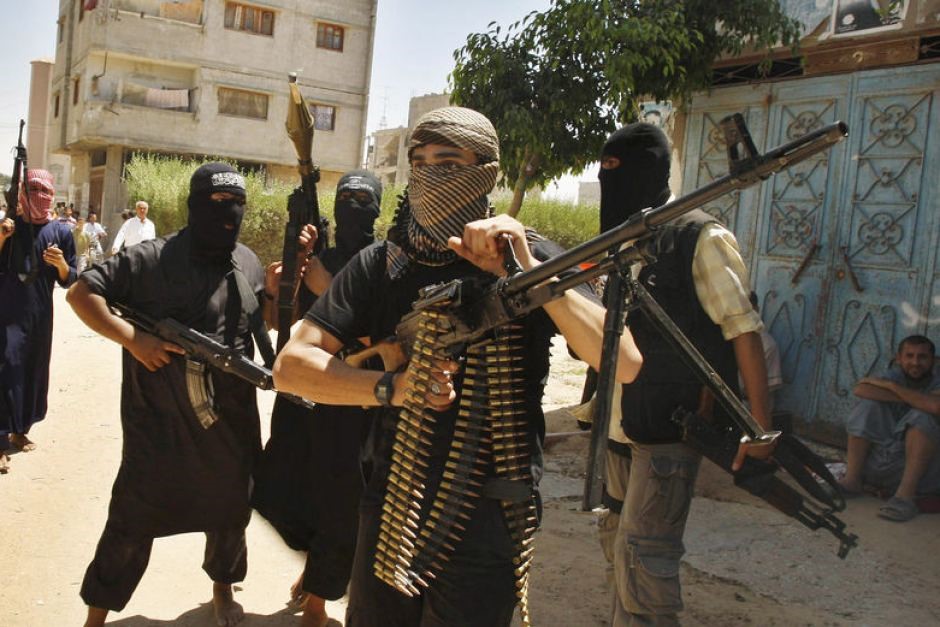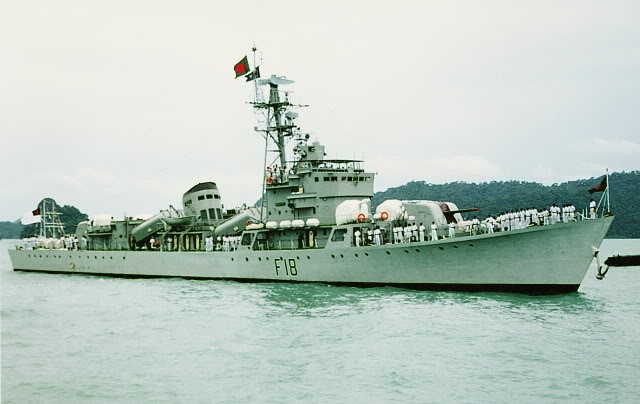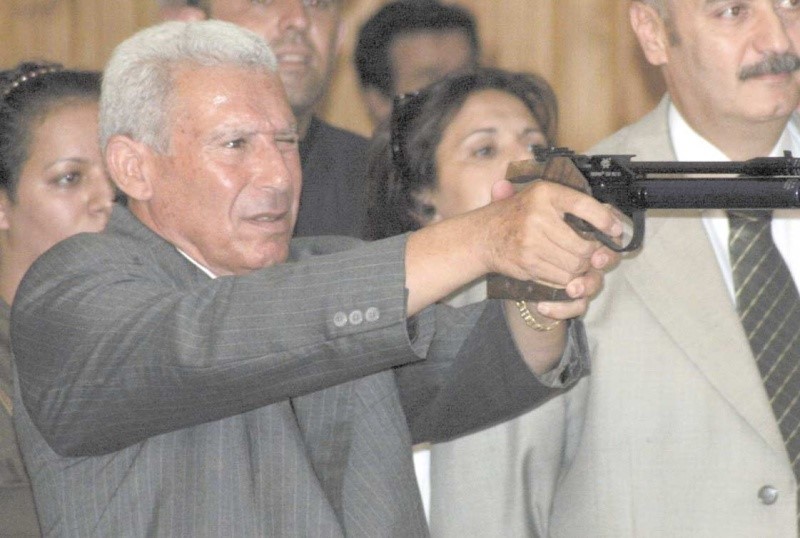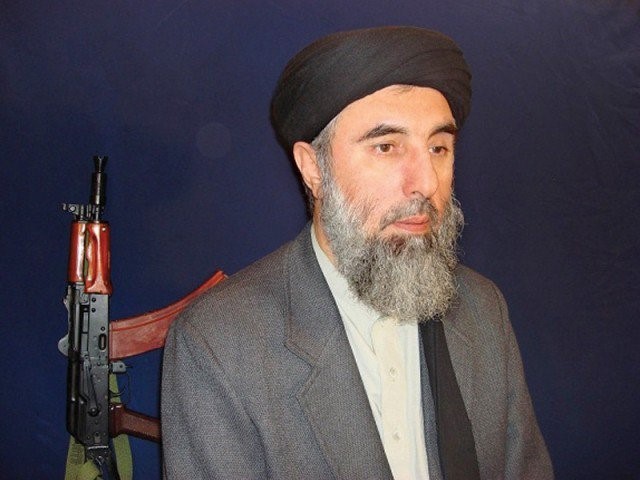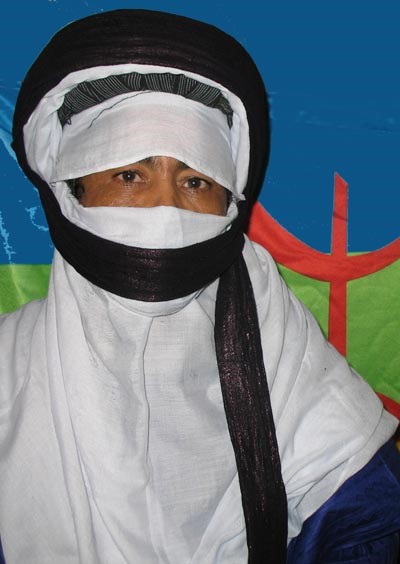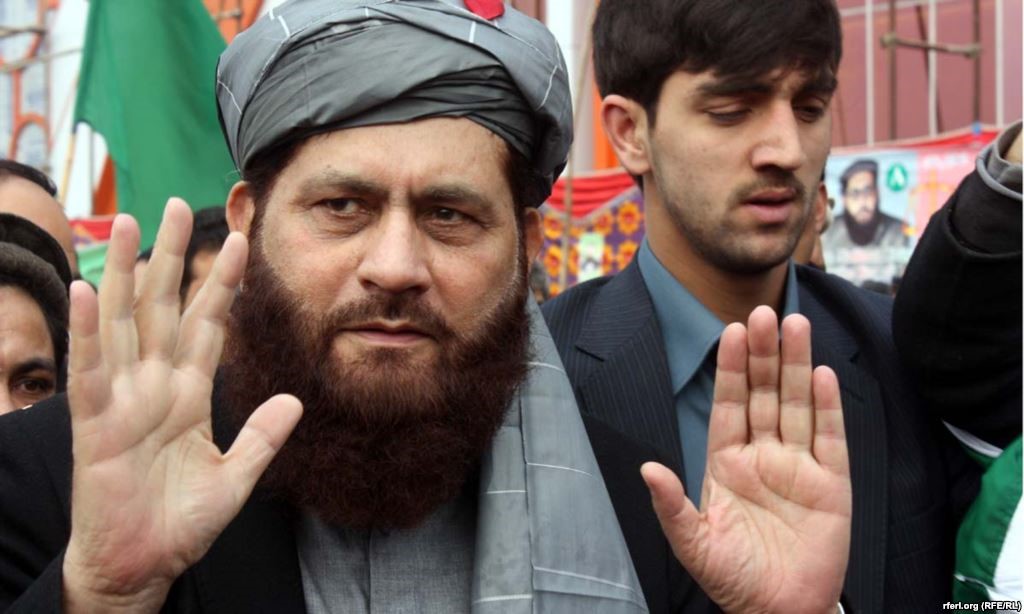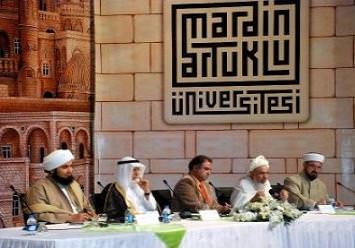Andrew McGregor
A speech delivered at the conference – “Yemen on the Brink: Implications for U.S. Security Interests in the Horn of Africa,” Carnegie Endowment for International Peace, Washington D.C., April 15, 2010
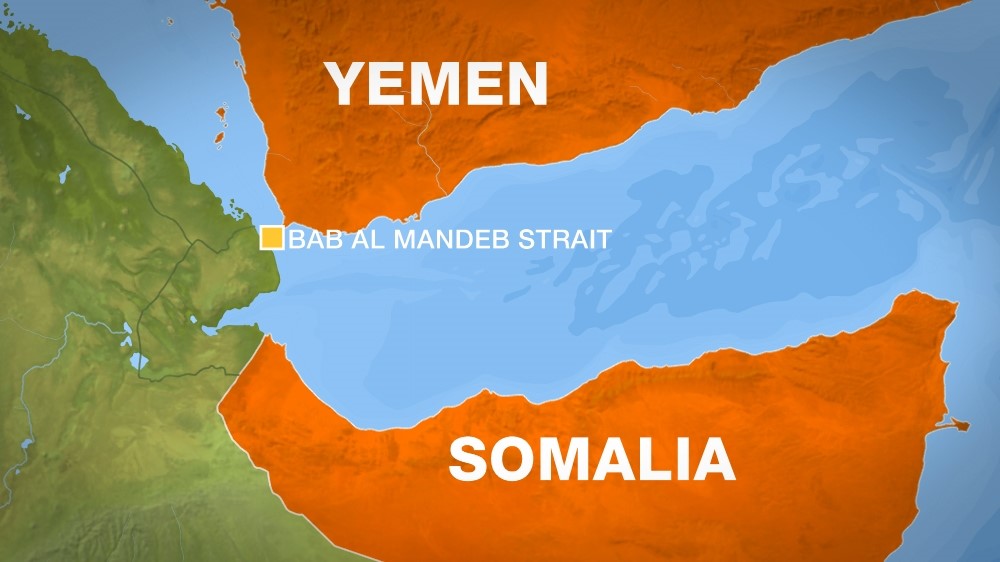 In early March, there were reports that 12 to 15 al-Qaeda operatives and leaders had left Yemen for Somalia. The men are said to have embarked from al-Mukallah, a Yemeni port in the Hadramaut region commonly used for smuggling or shipping weapons to Somalia. Though numerous Yemeni officials have insisted the Coast Guard is highly active off the coast of Yemen, the UN Monitoring Group on Somalia reports little Coast Guard activity in the area, which despite being controlled by the President’s Republican Guard also continues to be a center of drug smuggling. Other reports suggest the al-Qaeda group reached Somalia via airplane, disguised as humanitarian workers.
In early March, there were reports that 12 to 15 al-Qaeda operatives and leaders had left Yemen for Somalia. The men are said to have embarked from al-Mukallah, a Yemeni port in the Hadramaut region commonly used for smuggling or shipping weapons to Somalia. Though numerous Yemeni officials have insisted the Coast Guard is highly active off the coast of Yemen, the UN Monitoring Group on Somalia reports little Coast Guard activity in the area, which despite being controlled by the President’s Republican Guard also continues to be a center of drug smuggling. Other reports suggest the al-Qaeda group reached Somalia via airplane, disguised as humanitarian workers.
Somali Treasury Minister Abdirahman Omar Osman claims some of the al-Qaeda operatives came by ship from Yemen, while others crossed overland from Eritrea. According to Abdirahman, the al-Qaeda operatives are not Yemenis, but came all the way from Afghanistan and Iraq to escape the military offensives in those countries and because they “believe they can do what they like” in Somalia. The Treasury Minister also suggested that this was only an advance party, designed to determine if al-Qaeda’s “biggest military bases” could be moved to Somalia. Despite this announcement, none of the “al-Qaeda leaders” were named, nor were their positions in the organization announced. The entire story was called into question yesterday when an al-Qaeda source in Yemen denied all such reports, calling them baseless and promising to issue a statement on the allegations soon.
The current concern over cooperation between militants in Yemen and Somalia began in early January, when al-Shabaab’s Shaykh Mukhtar Robow Abu Mansur announced that al-Shabaab had decided to send fighters to Yemen to aid their “Muslim brothers” in their battle against Yemen’s regime. The decision was characteristic of al-Shabaab’s short attention span – the movement always seems to find something else to do other than complete its conquest of Mogadishu.
Somalia’s Hizbul Islam movement, once a solid ally of al-Shabaab, has also courted controversy in recent days by extending an invitation to Osama bin Laden to come to Somalia. Hizbul Islam says it is also prepared to welcome “every Muslim fighter” to Somalia to fight the enemies of Allah. These now presumably include al-Shabaab, with which Hizbul Islam is now engaged in bitter fighting in a three-way battle with Mogadishu’s Transitional Federal Government – the TFG. According to a senior Hizbul Islam official (Moallim Hashi Muhammad Farah), “The West may call [Bin Laden] a criminal, but we call him our brother and he is not a criminal. Questioning the relationship between us and al-Qaeda is like questioning the relationship between two brothers, and that is not realistic.”
Despite these reports of al-Qaeda operatives heading for Somalia, there are other reports coming from inside that nation that say the number of foreign fighters active in Somalia is actually decreasing, due to fear of being cornered there by the much anticipated TFG offensive, leading many of these fighters to return home.
Evidence of Militant Movement between Yemen and Somalia?
Somalia’s Information Minister (Dahir Mahmud Gelle) claims the new goal of al-Shabaab is to “foment jihad in Yemen,” going so far as to join the Shi’a Huthist rebellion in north Yemen. Though the latter is an unlikely development, persistent rumors place Somali volunteers in the front lines of the Shi’a rebellion.
Al-Qaeda fighters were reported by U.S. authorities to be leaving Pakistan for Somalia and Yemen a year ago, but, at least so far as Somalia goes, it seems that many of these were actually misidentified Tablighi Jamaat missionaries, many of whom paid for this confusion with their lives shortly after reaching Somalia. In recent months, al-Qaeda in the Arabian Peninsula has announced an exchange of fighters with Somalia. This was confirmed by al-Shabaab’s spokesman, who said Yemeni fighters would play a major role in al-Shabaab’s military campaign. One al-Qaeda leader, Shaykh Abu-Sufyan Al-Sa’adi, announced how pleased the movement was with Shabaab’s decision to send fighters to Yemen, saying the two movements would soon seize the southern entrance to the Red Sea.
 Shaykh Ali Mohamud Raage
Shaykh Ali Mohamud Raage
Al-Shabaab spokesman Shaykh Ali Mohamud Raage regards al-Qaeda as nothing more than Muslims who have suffered massacres for practicing Shari’a law and religion in their own country. Al-Shabaab and al-Qaeda share only the “Muslim faith and freedom fighting,” nothing else. Beyond noting that al-Shabaab’s strength is derived internally rather than from foreign fighters, the Shaykh refuses to discuss the exchange of fighters between Somalia and Yemen in the media.
The TFG’s state minister of defence, Shaykh Yusuf Muhammad Si’ad Indha Adde, threw fuel on the fire by maintaining Osama bin Laden is looking to “make his biggest base in Somalia,” and is determined to threaten global security by cutting off the Red Sea and the Gulf of Aden. Indha Adde also claims Yemeni rebels are shipping arms to al-Shabaab through the southern Somali port of Kismayo, which is in al-Shabaab hands.
Taking the Bab al-Mandab Strait: Dream or Possibility?
A videotape released in early February by Sa’id al-Shihri, the deputy leader of al-Qaeda in the Arabian Peninsula, declared that al-Qaeda was determined to seize both sides of the vital Bab al-Mandab Strait at the southern end of the Red Sea in cooperation with their allies in al-Shabaab. The narrow Bab al-Mandab is one of the most important seaways in the world – most of the Western world’s oil supplies pass through the strait. Closing the strait to the 3,000 tankers a year that use it would effectively close the Suez Canal to most traffic, dealing a deadly blow to Egypt which relies on the canal’s revenues. The only alternative for these vessels would be to sail around Africa’s Cape of Good Hope, adding another 6,000 miles to their journeys.
According to al-Shihri, controlling this strait and returning it to the “bosom of Islam” would represent a great victory for al-Qaeda and would give the organization “international influence.”
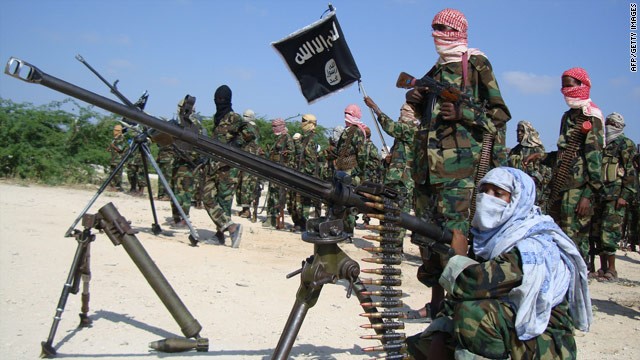 Jihadi websites have been studying the means of disrupting shipping in the Bab al-Mandab Strait. Among the ideas are:
Jihadi websites have been studying the means of disrupting shipping in the Bab al-Mandab Strait. Among the ideas are:
- Using small fishing boats to deploy barrels full of explosives in the shipping lanes. Inner tubes could be wrapped around the barrels to prevent them from sinking.
- Deploying a large number of empty barrels or barrels filled with sand to exhaust the efforts of mine-sweeping teams.
- Creating ambushes for mine-sweeping ships.
In a true example of asymmetric warfare, the jihadis say military supplies to Coalition forces in Iraq and Afghanistan could be disrupted and estimate $1 billion in damages could be caused for the expenditure of $1,000.
There are reports of other plans to carry out acts of maritime terrorism. The African Union peacekeeping mission in Somalia (AMISOM) and the armed Somali Sufi movement Ahlu Sunna wa’l-Jama’a have both said in recent days that they have intelligence regarding an impending Shabaab attack on the ports of Mogadishu, Bossaso and various Yemeni ports using vessels packed with explosives.
Impact on the Somali Refugees in Yemen
Al-Shabaab’s declaration that it intends to send fighters to Yemen has dire consequences for the hundreds of thousands of Somalis fleeing the conflict in Somalia. Yemen’s deputy foreign minister (Ali Muthan) says there are over 700,000 African immigrants in Yemen, of which only 200,000 have refugee status. Somali migrants are granted automatic refugee status, though many fail to register with the government.
Interestingly, this year has seen a dramatic drop in the number of refugees reaching Yemen from the Horn of Africa., from 17,000 in the first three months of 2009 to roughly 9400 in the first quarter of 2010. However, this is not due to a dramatic improvement in conditions in Somalia, but rather to even greater insecurity and poverty within that country, preventing many would-be refugees from making their way to the Puntland port of Bossaso for the passage to Yemen. Puntland also appears to be taking long-awaited measures to curtail the human-smuggling industry, long an important source of revenue (together with piracy) in this semi-autonomous Somali province. As a result, the cost of buying passage on a smuggling boat has quadrupled recently. Many of those making the trip now are natives of Ethiopia rather than Somalia. Hundreds die in the passage each year, many of whom are thrown from the boats in deep water by the Puntland smugglers.
The Somalis in Yemen have been subjected to greater scrutiny since al-Shabaab’s declaration that it was sending fighters to join al-Qaeda in Yemen. Patrols have been stepped up in Somali neighborhoods and refugee camps, registration has been made mandatory, travel outside the camps has been banned and Somalis found in a motor vehicle are subject to arrest and interrogation by security forces. Two Somali men were even reported to have been decapitated and left in the streets of a Somali area in Yemen’s capital as a warning. With typical disregard for the well-being of Somalis, al-Shabaab has made the often miserable lives of Somali refugees worse. In Yemen, they have gone from economic burden to security threat.
With pressure growing on the Somali community in Yemen, community leaders have issued a letter addressed to “the people of Yemen,” condemning all threats of terrorist activity in Yemen by al-Shabaab while asserting al-Qaeda was only interested in creating hostility between the Somali refugees and their “Yemeni brothers.” With nearly a million refugees within the borders of an already impoverished nation and growing complaints of the economic, social and cultural impact of so many refugees, Yemen may use the new security threat from Somalia as an excuse to close its borders to further migration. .
Yemen’s Response
Since it controls little more than a few neighborhoods of Mogadishu, Somalia’s transitional government can do little to prevent the arrival of foreign fighters from Yemen or elsewhere. Yemen, however, still has a working government despite speculation regarding its eventual collapse. Sana’a claims to have redoubled its efforts at maritime security as well as establishing an anti-piracy center and opening a diplomatic office in the unrecognized breakaway state of Somaliland as part of an effort to secure the Red Sea. Competition between Israel and Yemen for influence in Somaliland may lead to one of these nations becoming the first to recognize the Hargeisa government.
Conclusion
Is there any truth to the story of a dozen or more leading al-Qaeda operatives arriving in Somalia from Yemen in recent days? Somalia’s Transitional Federal Government is hampered by chronic divisiveness, but the one thing all government officials can agree on is the need for drastically increased levels of funding. The al-Qaeda threat is consistently advanced as a means of opening the gates to a flow of cash from the United States and its Western allies, though these funds, like the accompanying arms supplies, typically vanish soon after their arrival in Mogadishu.
Of course, mining seas effectively requires a great deal more than dumping a few barrel bombs into the water. The tactic was recently tried by Gaza insurgents off the coast of Israel – total damage amounted to the temporary closure of a few beaches.
It must also be noted that al-Qaeda and al-Shabaab are utterly incapable of seizing and holding the Bab al-Mandab Strait. Any attempt to do so would inevitably result in their utter destruction and the permanent occupation of the region around it by Western militaries. However, these movements are capable of causing a vast amount of mischief in the area, delaying cargoes, forcing hikes in maritime insurance rates, instigating hikes in fuel prices and forcing costly deployments of naval forces to sweep the area for mines and prevent the deployment of attack boats or bomb-laden suicide ships.
There is also the China question. Closing or even interfering with the Bab al-Mandab Strait would cause havoc to China’s petroleum supplies from Sudan. Chinese tankers must load their fuel at Port Sudan in the Red Sea and then proceed south through the Strait. Al-Qaeda activity in this region could easily bring China’s navy, which already has ships in the Gulf of Aden, into the conflict against al-Qaeda.
Al-Shabaab’s assertions it is sending fighters to aid al-Qaeda in Somalia should be viewed in the context of the movement’s repeated efforts to ingratiate itself with al-Qaeda’s leadership. Despite declarations of allegiance to bin Laden and their ideological identification with al-Qaeda, the non-Arab Somali movement has yet to be incorporated into al-Qaeda in the way Algeria’s Arab Islamists became al-Qaeda in the Islamic Maghreb.
Oddly enough, the greatest threat posed by enhanced cooperation between Somalia’s al-Shabaab and al-Qaeda in the Arabian Peninsula is not at the Bab al-Mandab Strait, or any other part of the Horn of Africa. Rather, it is in the Western nations such as the United States, Canada, Great Britain and Sweden whose diaspora Somali communities provide recruits and funding for al-Shabaab. With a few rare exceptions, the Somali radicals have focused their activities in the Horn so far, but greater integration with al-Qaeda will inevitably lead to a new emphasis on targeting the West.

